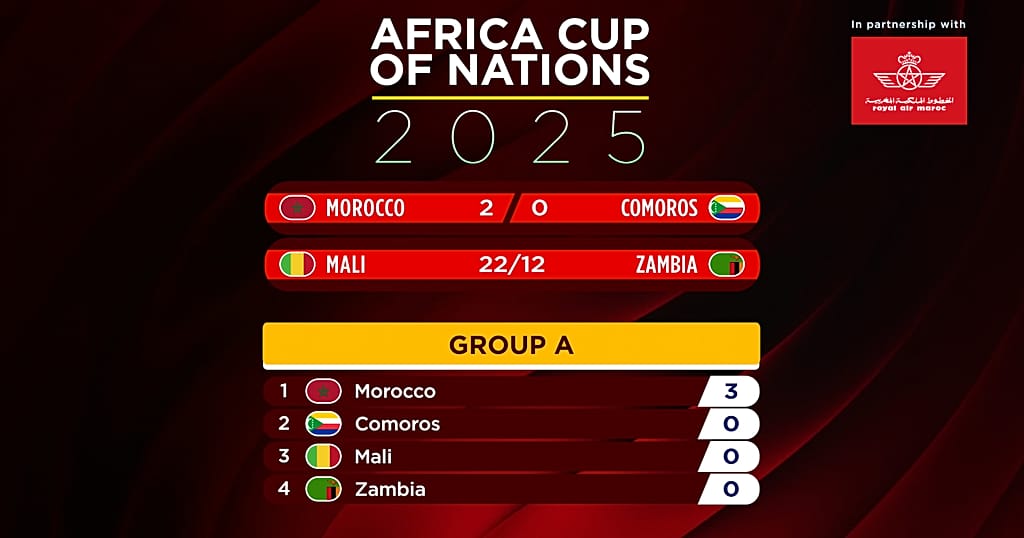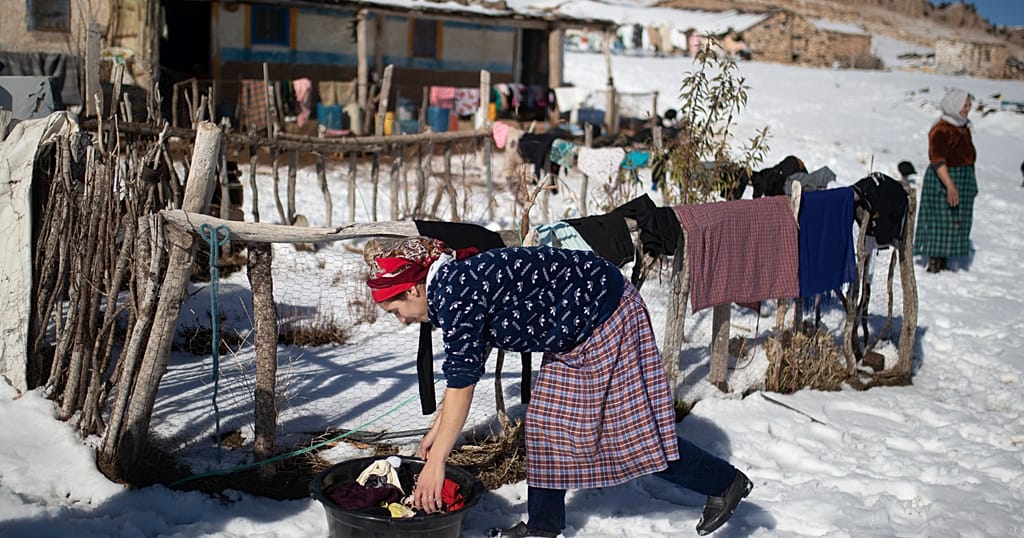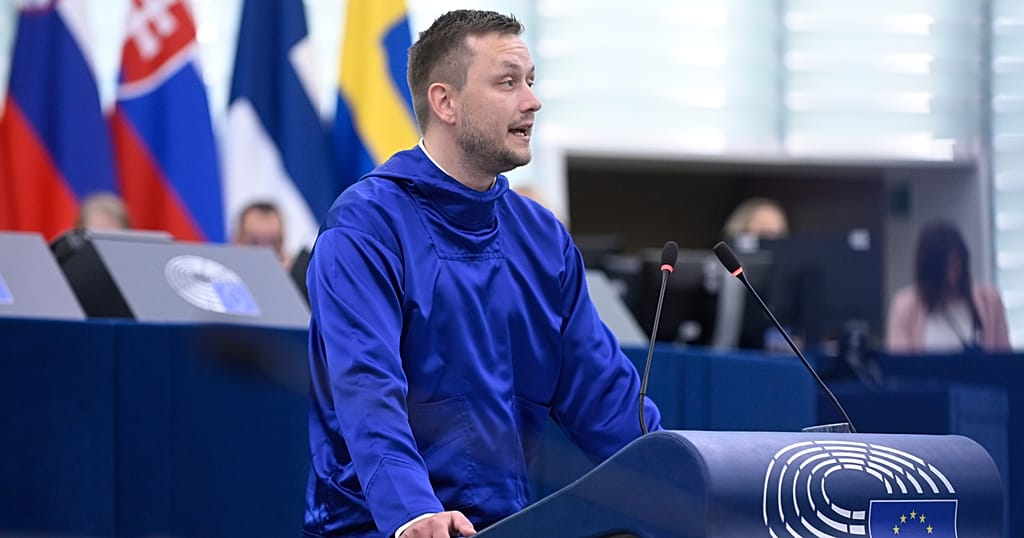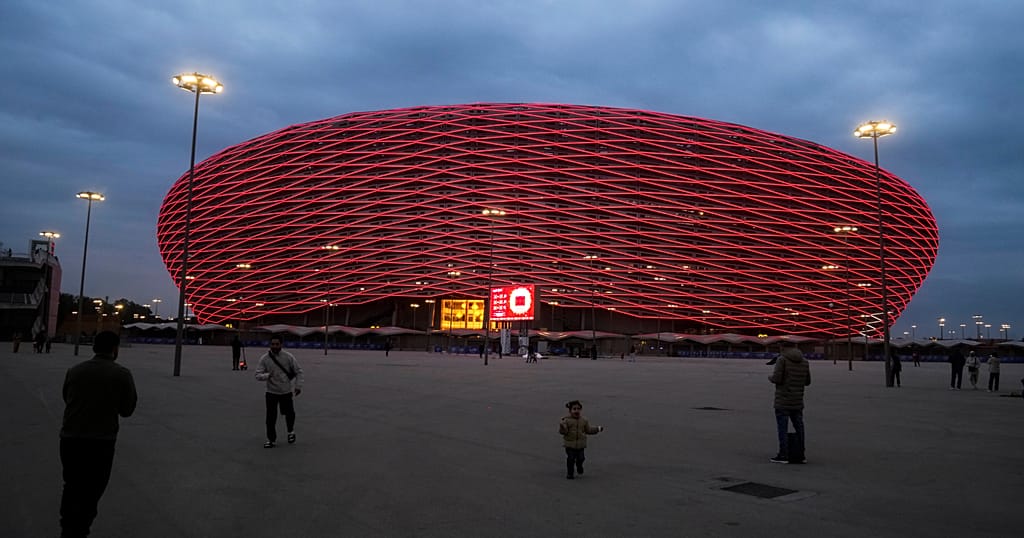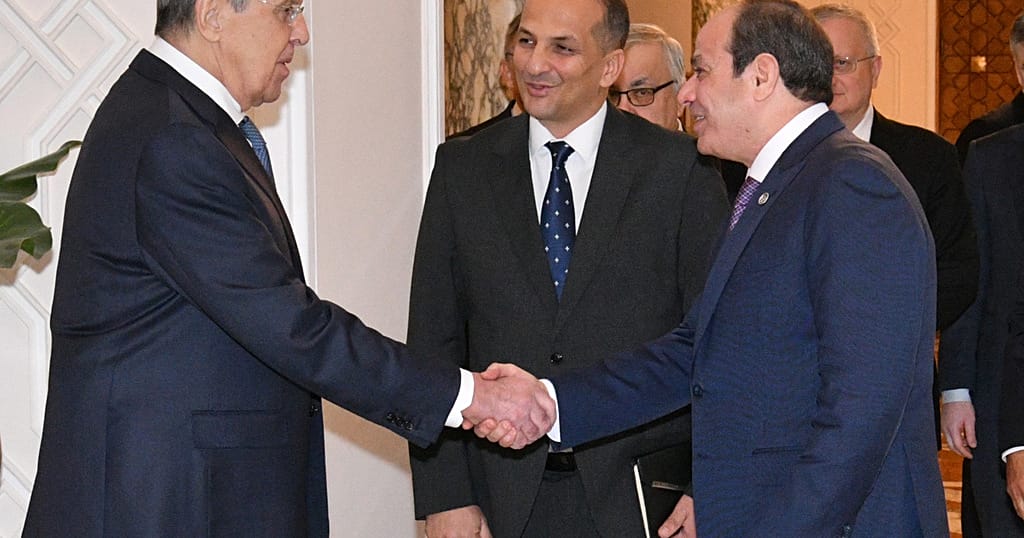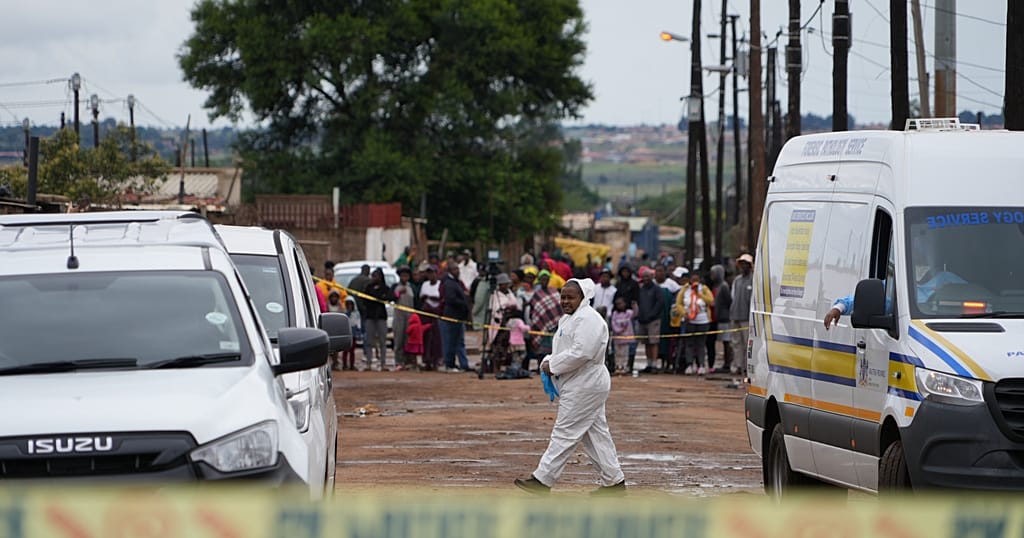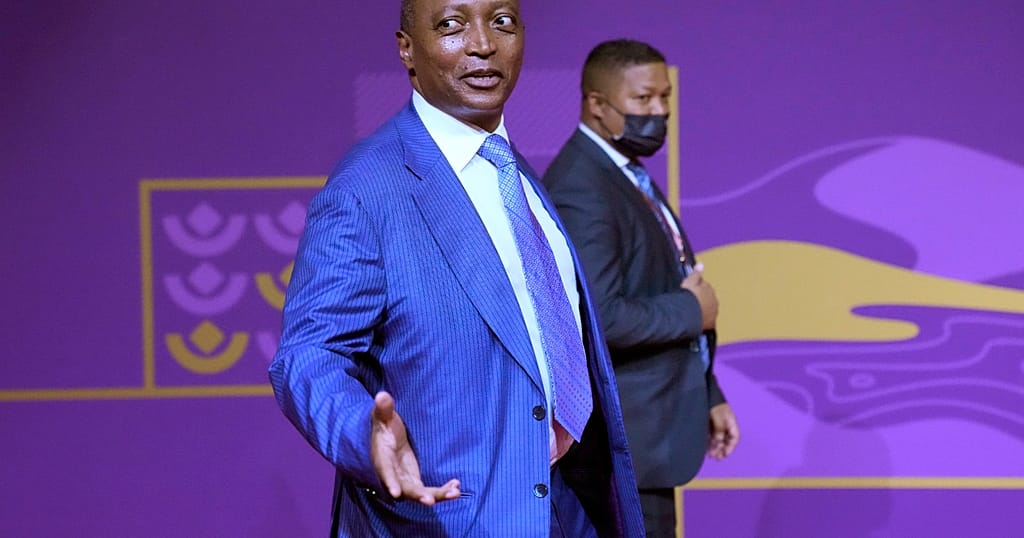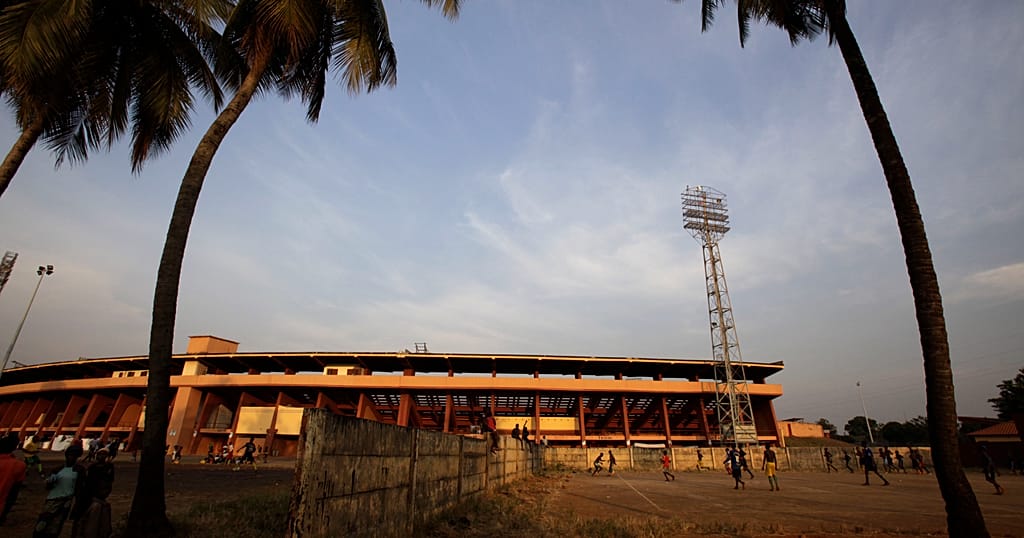Israel’s Netanyahu testifies in corruption trial
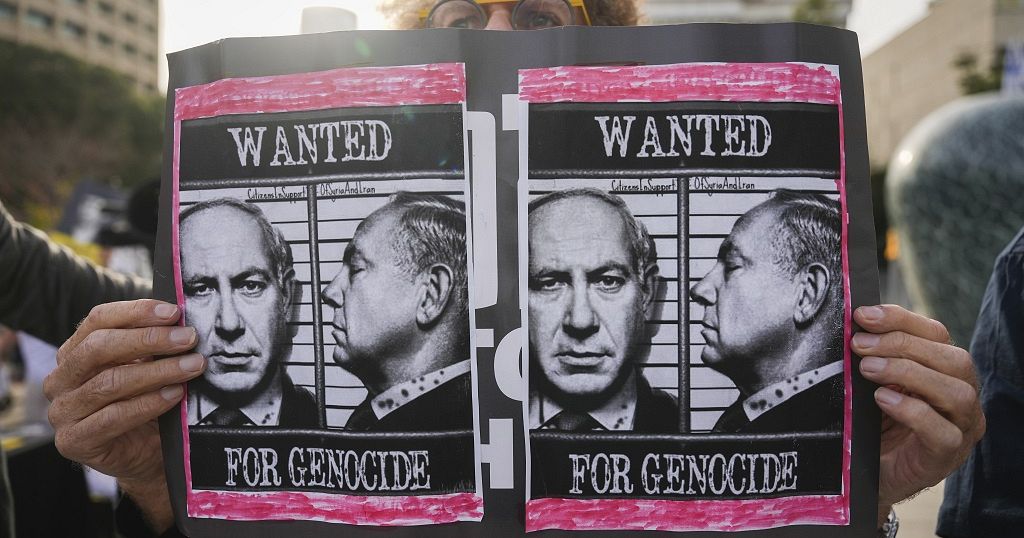
Israeli Prime Minister Benjamin Netanyahu took the stand on Tuesday in his long-running trial for alleged corruption, setting off what’s expected to be a weekslong spectacle that will draw unwelcome attention to his legal woes as he faces an international arrest warrant for war crimes and the fighting in Gaza continues.
It is the first time a sitting Israeli prime minister takes the stand as a criminal defendant, an embarrassing milestone for a leader who has tried to cultivate an image as a sophisticated and respected statesman.
Upon starting his testimony, Netanyahu said “hello” to the judges. One judge told him he had the same privileges as other witnesses and could sit or stand as he chose.
“I waited eight years for this moment, to say the truth,” Netanyahu said, standing at a podium in a packed Tel Aviv courtroom. He called the charges against him “an ocean of absurdness” and promised his version would cut through the prosecution’s case.
Netanyahu appeared at ease as he began telling his version of events and shared personal details about his life that he might hope would shape the judges’ perception of him. He said he used to lose sleep over media coverage but learned it had no meaningful bearing — in contrast to the prosecution’s attempts to paint him as image-obsessed.
He said he smoked cigars but could hardly finish them because of his workload, but hated champagne. One case revolves around him receiving a “supply line” of cigars and champagne from billionaire associates.
His lawyer asked that he be allowed to receive notes while testifying to help ensure he can continue running the country.
Netanyahu will answer during his court appearances to charges of fraud, breach of trust and accepting bribes in three separate cases.
He is accused of accepting tens of thousands of dollars’ worth of cigars and champagne from a billionaire Hollywood producer in exchange for assisting him with personal and business interests. He is also accused of promoting advantageous regulation for media moguls in exchange for favorable coverage of himself and his family.
Netanyahu, 75, denies wrongdoing, saying the charges are a witch hunt orchestrated by a hostile media and a biased legal system out to topple his lengthy rule. His testimony caps years of scandals that have swirled around him and his family.
The testimony, set to take place six hours a day, three days a week for several weeks, will take up a significant chunk of Netanyahu’s working hours, prompting critics to ask if he can capably manage a country embroiled in a war on one front, containing the fallout from a second, and keeping tabs on other potential regional threats, including from Iran or the recent fall of Bashar Assad in Syria.
Netanyahu, in his testimony, said he could “find a balance” between both commitments.
Dozens of people gathered outside of the court in Tel Aviv, some protesting against Netanyahu, including family members of hostages held in Gaza, and also a group of his supporters. A banner draped in front of the court read: “Crime Minister.”
Under Israeli law, indicted prime ministers are not required to step down.
Source: Africanews


